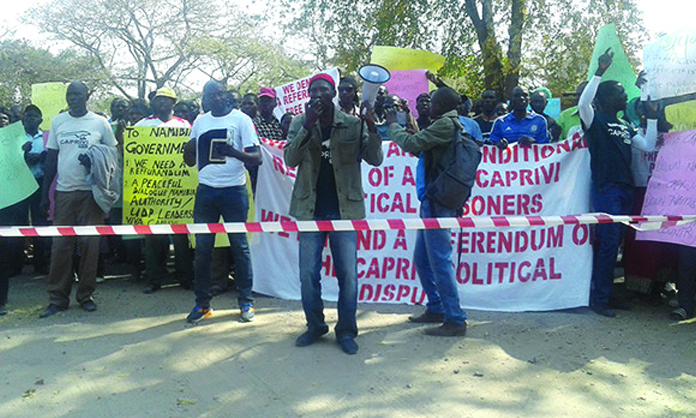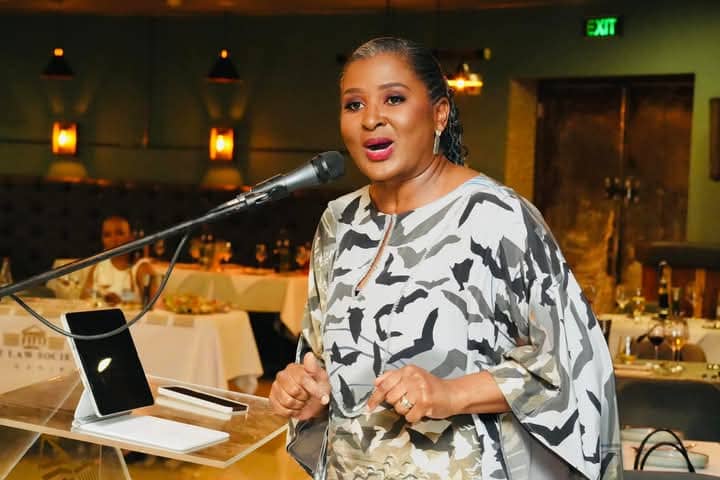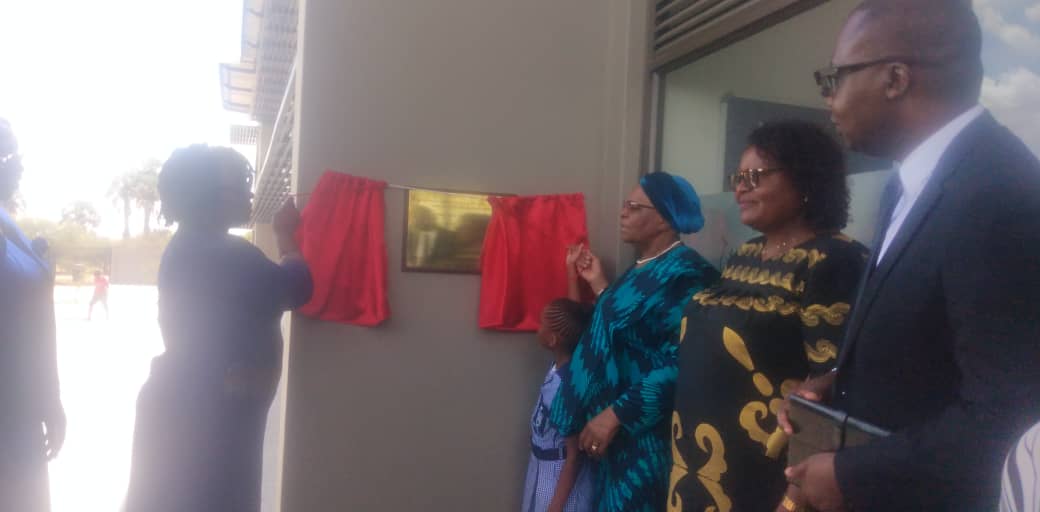Caprivi Concerned Group (CCG) leaders have threatened to boycott the elections if the goverment does not engage in dialogue with them.
The group wants to discuss the Caprivi political dispute and other pending issues.
The CCG is a civil rights movement that advocates the secession of the Zambezi region, formerly known as the Caprivi region.
On 2 August 1999, the United Democratic Party (UDP) spearheaded an unsuccessful attempt to secede the Zambezi region from Namibia.
Mishake Muyongo formed the party in 1985 as a successor to the Caprivi African National Union.
In 1998, UDP openly voiced support for the secession of the Caprivi, resulting in Muyongo and other leaders fleeing the country.
CCG leaders, in a statement read by CCG secretary general Mubita Linyando over the weekend, said the government has been ignoring their call for a dialogue for far too long, and this has left them with no option but to mobilise their members not to vote.
Linyando said their members will register as eligible voters, but the government has until November to have a discussion with them.
“Issues we need to discuss include how the Caprivi region is still part of Namibia and the National Assembly’s rejection of our referendum to be supervised by the United Nations (UN). Our calls to have Caprivian political prisoners released from prisons in Botswana and Namibia are being ignored. The Namibian government keeps on giving our land to Botswana and the Kavango East region,” he said. Linyando said instead of having a dialogue with them, the government keeps on threatening them with arrests for treason.
“The Caprivi political dispute still exists. Democratically, we need a referendum for us to vote on whether we want to secede the Caprivi region from Namibia or not. No referendum, no vote in the Caprivi strip,” he said.
Over the years, CCG has spearheaded numerous peaceful demonstrations to demand dialogue with the government.
National and regional leaders, as well as traditional authorities in the region, caution residents to denounce any form of secession by all means, saying that Namibia is a unitary state and will remain as such.
Political analyst Ndumba Kamwanyah yesterday said the CCG represents a small minority group, so boycotting elections would not affect the overall outcome.
He said CCG leaders should realise that choosing not to vote is a self-defeating action as it diminishes their ability to influence the political process through legitimate means.
“Namibia’s democratic framework encourages addressing grievances through peaceful dialogue and engagement, rather than threats. It would still be beneficial for the government to engage in dialogue to address their concerns and promote political stability,” he said.
Another political analyst, Rui Tyitende, similarly noted that the CCG is politically insignificant in today’s political environment, therefore their threat warrants no obstacles.
Tyitende says because their demands challenge the territorial integrity of the Namibian state, their demands will not be adhered to by the government.
“If they consider themselves ‘Caprivians’ and not Namibians, why would they want to participate in elections reserved for Namibians? They should simply not participate at all, not even register. Even when they are going to register themselves, they are using Namibian documents and not Caprivian documents,” he says.
Stay informed with The Namibian – your source for credible journalism. Get in-depth reporting and opinions for
only N$85 a month. Invest in journalism, invest in democracy –
Subscribe Now!






